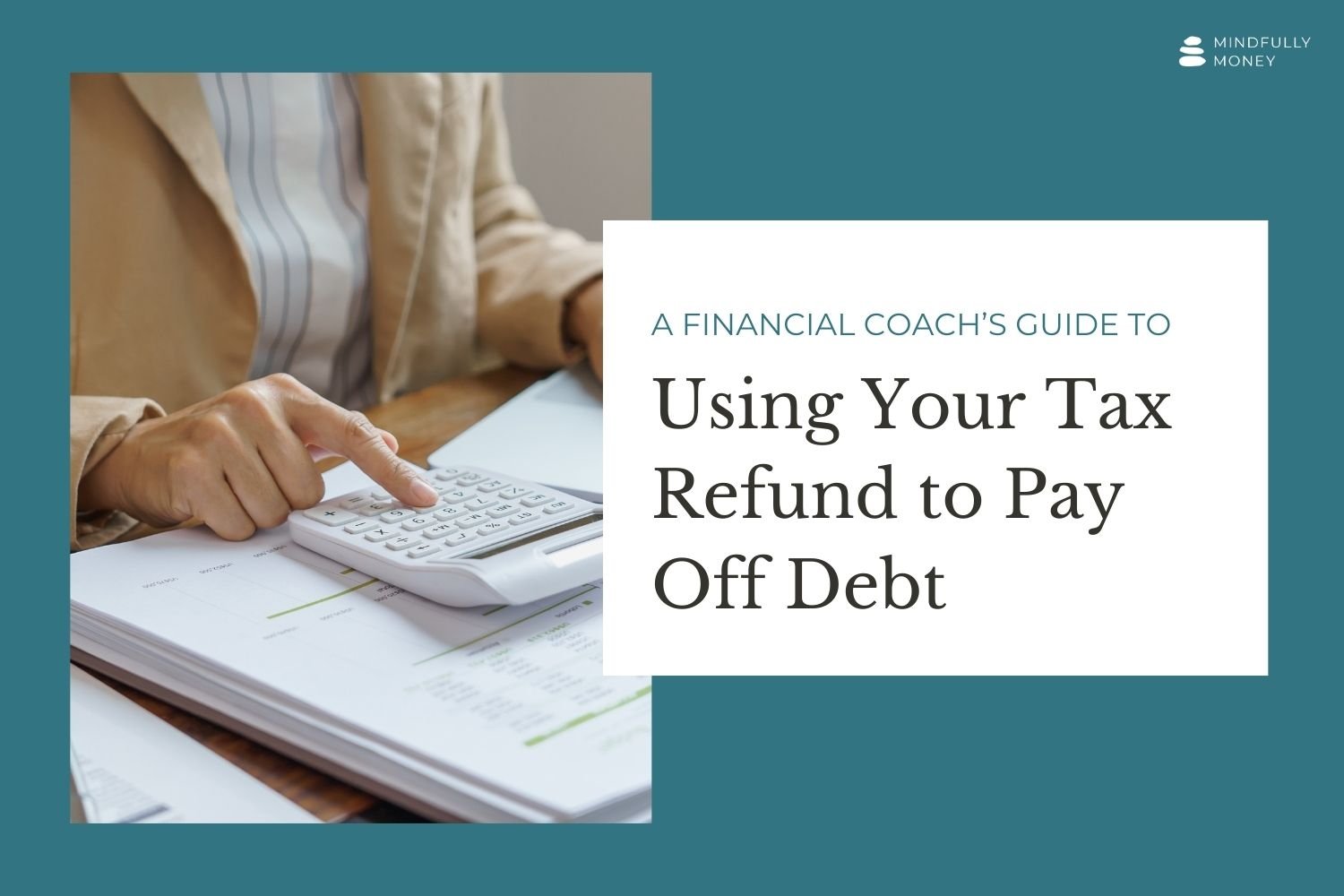Why You Need a Money Strategy
My grandparents got married in late December 1948 in northeastern Minnesota. A few days later, they took what little money they had and packed their few belongings into the Ford F-7 truck my grandfather had bought for hauling wood and gravel. Their destination? Alaska, in hopes of finding a job.
*AI generated image of 1948 Ford F7
Unfortunately, they ran into one of the worst blizzards the northern plains states have experienced in recorded history. The snow began as they were halfway across North Dakota, and got so bad that my grandfather had to get out and shovel the snow off of the highway.
So they headed south to try to get around the snow. Somehow, the F-7 made it to South Dakota before they got stranded in a one-store town for five days.
In Rapid City, the city workers were trying to hose down the streets to melt the snow, which was piled so high that you couldn’t see over the snowbanks from the seats of the truck.
During a brief break in the snow, my grandparents headed out again, still going south to go around the storm. Eventually, they ended up in…Tucson, Arizona.
Heading north again, they made it through more deep snow in Utah all the way to Butte, Montana, where it was -40°F. At this point, they gave up and returned to Minnesota after an unsuccessful month of trying to make it to Alaska.
Trying to achieve a goal can be like that—you set out with an objective (to reach Alaska) and some tactics (driving the truck). But if you don’t have a strategy, you might end up in Arizona.
The Importance of Strategy AND Tactics
Roughly 2500 years ago, the great Chinese military strategist Sun Tzu wrote: “Strategy without tactics is the slowest route to victory. Tactics without strategy is the noise before defeat.”
This maxim has been used by many to emphasize the importance of having both strategy and tactics to help you reach your objective, whether it is in war, business, life, or something else.
And it is equally true with your finances.
When it comes to money (or any area of life), humans tend to be really good at having objectives and knowing what we want.
We want to start a family, buy or remodel a home, get a promotion, go on vacations, be able to retire someday, go to Alaska, etc.
And sometimes we know the tactics—the specific steps and actions to take to get there.
For example, if your objective is to retire, one tactic would be putting money into a retirement account and another tactic would be investing.
Personal finance is full of tactics. Virtually every piece of advice you read online is a tactic:
Create an emergency fund
Open a high yield savings account
Put money in a Roth IRA
Pay extra on your debt(s)
Create a budget
Tactics are easy to learn. You can Google just about anything and get a list of tactics you can use to achieve your goal.
But tactics don’t always work. You create a budget and give up after a while because it feels like a bunch of tedious nonsense that never works out anyway.
You keep trying to pay off your debt and it just never seems to stick. Before you know it, you’re in a deeper hole than you were before.
You mean to save more money in a high yield savings account or investment account, but you keep forgetting and then there’s no money left at the end of the month.
Why You Need a Money Strategy
If you’ve ever felt like you’re “doing all the things” and still not ending up where you want to be, it might be that you’re trying to use a bunch of random tactics without having an overarching strategy.
Your strategy is what pulls all of the individual actions together. It’s what gives the tactics meaning and helps you decide specifically which tactics to use.
Let’s take the example of budgeting. Most people have at least heard that they should budget. And many have tried budgeting—often unsuccessfully.
The problem is that budgeting is often presented as the way to reach your financial goals. If you want to be good with money, you need a budget. We think the budget is the strategy to help us meet our financial goals. But a budget isn’t a strategy—it’s a tactic. It’s a tool you can employ as part of your strategy to meet your financial goals.
Your strategy gives meaning to your budget. It takes your budget from being a set of numbers to being a plan for how you will meet your life objectives.
Example of Money Tactics vs. Strategy
Think about two people, both of whom have been told that they should create a budget. The first person is young and single and is living their dream life with her dream job in a high cost of living area.
The second person is a married mom of teens, whose goal is to create a nice and comfortable home for their family, go on vacations, save for the kids to go to college, and maybe hopefully retire sometime before she dies.
Neither of these is better or worse—just different.
And although both women could use the same tactic (budgeting), they will have vastly different strategies.
The strategy guides you in selecting the specific tactics and tells you how to use them to achieve your objective(s).
The younger person might be using a budget to allocate money toward the things that are an important part of her lifestyle. Being young, she has more time to save for retirement and can therefore afford to save less. Maybe her priority right now is to pay for housing in a fun neighborhood and have the money to go out with friends each weekend.
Her budget will help her figure out how to do all of that.
The mom of teenagers, on the other hand, is going to have a completely different budget. Her budget is going to help her balance all of her priorities as best she can.
The problem is that most budgeting advice focuses only on “how to create a budget” or “how to divide up your income.” It doesn’t tell you “how to budget in a way that helps you create your best life” or “how to divide up your income to meet your goals.”
That’s where strategy comes in.
Your strategy tells you which tactics to use and how to put them together in the right way to help you meet your objective—to help you create whatever it is you want in life. Instead of just getting in your car and driving, it’s looking at all of the factors together and making a plan that has the best chance of getting you to where you want to be.
(There’s not much my grandparents could have done about a historic blizzard, but perhaps they could have employed a strategy such as driving to Alaska in the summer, when there would have been a greater chance of success.)
Create Your Own Personal Money Strategy
If you feel like you’ve been flailing around with your finances, trying different things that never work or never stick, the problem might be that you don’t have a larger strategy. You might not even know what your objective is.
Personal finance is personal, and it always needs to start with the bigger picture of what you really want in life. What is it you’re trying to achieve? How can your money support your life goals and desires?
People go online all the time seeking answers to their personal finance problems. And they get flooded with a variety of (often conflicting) answers.
“Use a debt snowball.” “No, use an avalanche!”
“Pay off all of your debt as fast as possible!” “Don’t pay off your mortgage early because you can earn more by investing.”
“Whole life insurance is a great way to save for college and protect your family!” “No, it’s a scam and you’re better off with term!”
All of this advice is simultaneously right and wrong. All of these can be great tactics. But they can also be the exact wrong tactics for your strategy and objectives. And that’s okay!
Instead of blindly following advice and listening to random people on the internet, start by figuring out what it is that you truly want and what is important to you.
If you need help, my free “Identify Your Values” exercise can walk you through the process of figuring out what you truly value in life.
Once you narrow that down, even just a little bit, you’ll have a much easier time figuring out which personal finance tactics will be most helpful to you. And you’ll have a greater chance of sticking with it because the tactics will have meaning.
You’ll have a much easier time convincing yourself to save for retirement when you have a clear picture of exactly what you want your retirement to look like.
You’ll have a much easier time sticking to a budget when you know that it’s helping you create the life you want instead of just being a bunch of arbitrary categories and limits.
So if you’ve been struggling with your finances (or anything in life), try taking some time to sit down and evaluate what you’re trying to achieve. Having that clarity will help you make decisions and optimize your chance of creating the life you want to live.










